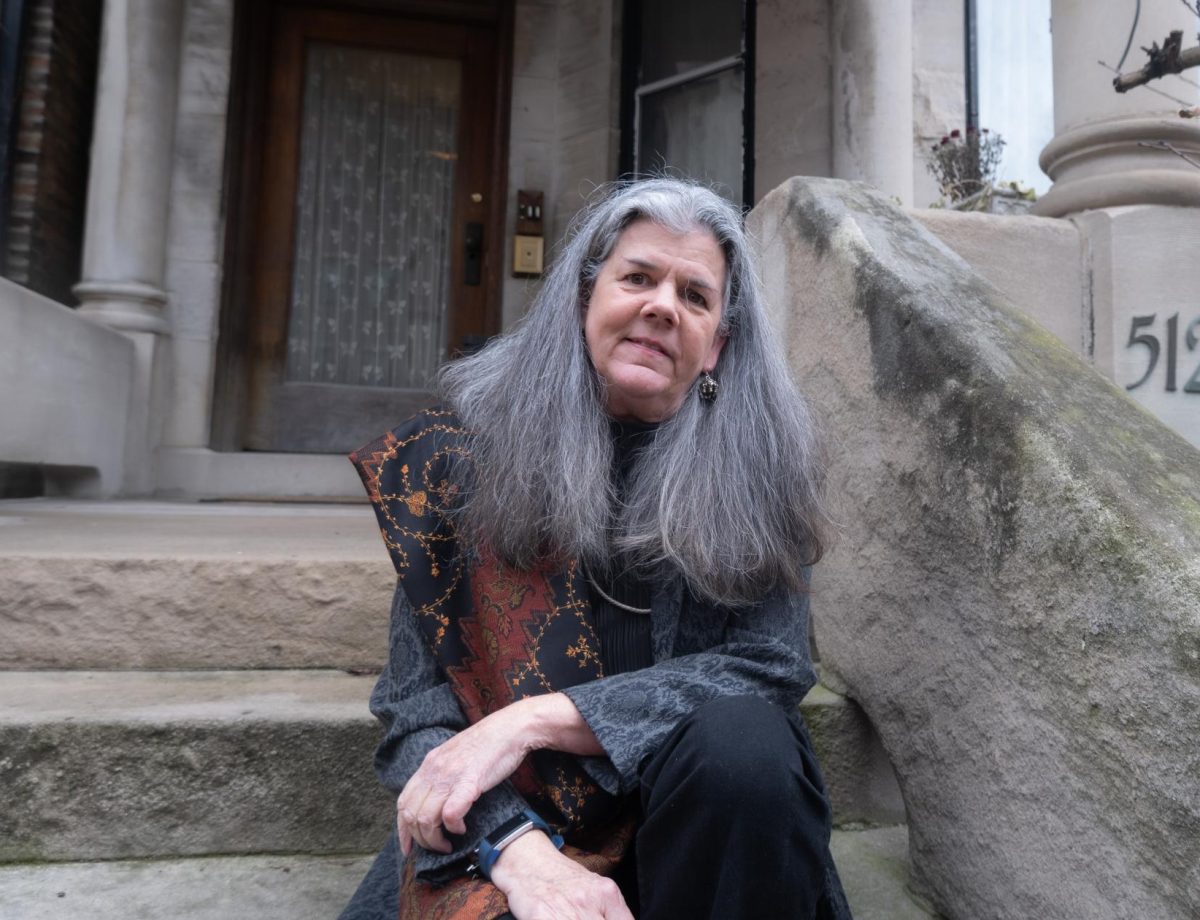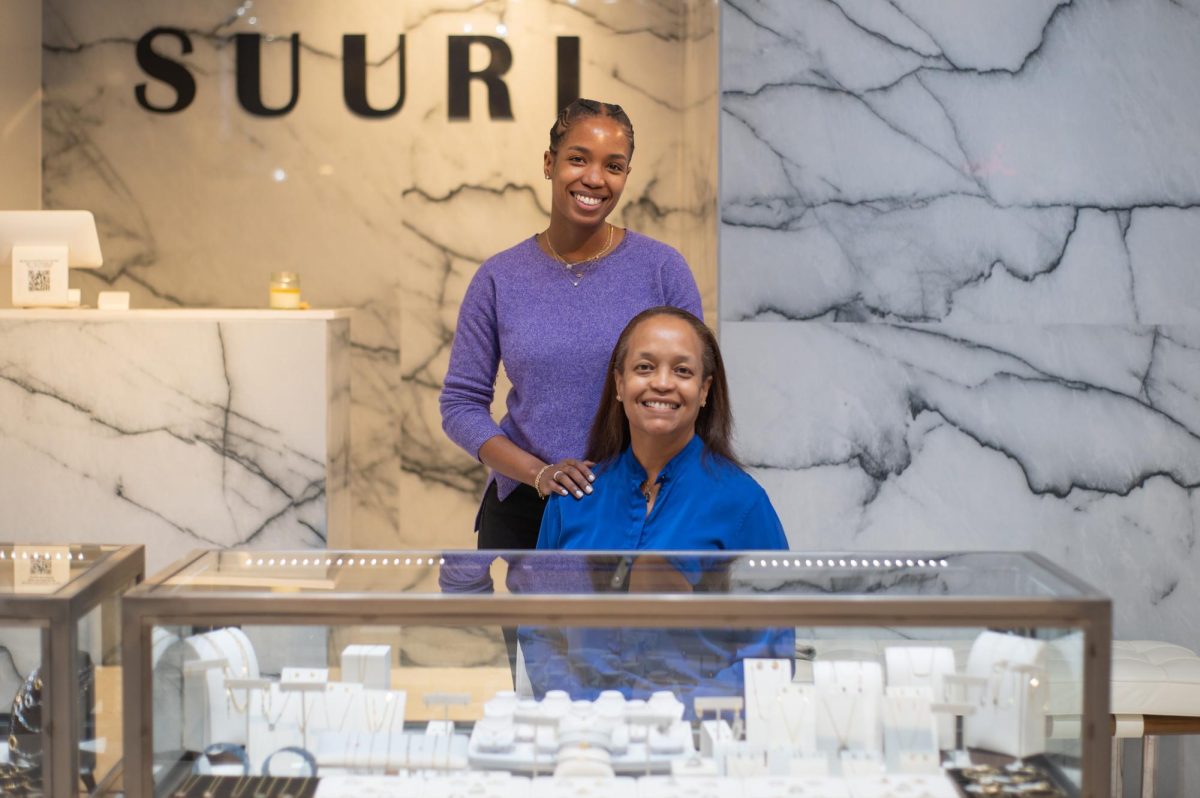As a child, Jeanne Fitzsimmons was always interested in reading books, often with maps depicting the places outside of her small world in rural Illinois. Her father, a chemist, often invited home international scientific colleagues, a prominent influence on her. One colleague stood out in particular: an Indian colleague named Uncle Ghosh, one of her first sources of fascination with other parts of the world.
She was just one of four students from her small-town high school who went to college.
Years later, Dr. Fitzsimmons has seen the world from a range of lenses and now serves as an associate director at the Nicholson Center for British Studies of the University of Chicago. From studying and teaching abroad to her scholarly efforts at home, Dr. Fitzsimmons has experienced a vast and extensive academic journey, her passion for learning and education guiding her through a career in culture study and humanities.
In her younger years, Dr. Fitzsimmons served in the Peace Corps in Malawi, where she taught math and science to children. She also went to India for her Ph.D. field research, where she studied education and literacy for women and girls of lower socioeconomic status. Later, she studied the history of Indigenous peoples artwork and archaeology in the American Southwest, followed by other efforts.
Today, Dr. Fitzsimmons continues to work on projects with the Center for British Studies, often with an emphasis on South Asian culture. The special moments Dr. Fitzsimmons’ cherishes are ones built from what she refers to as educational “sparks.”
“Of course, I love learning for myself,” Dr. Fitzsimmons said, “but when I see, either immediately or over time, a student takes whatever I’m teaching and runs with it — that’s what I love most. Whether it be kids or young adults, I love genuine interest and excitement.”
Dr. Fitzsimmons said her community in rural Illinois was isolated from other cultures, and while it may have prompted her curiosity for them, she also recognizes how it can shape ignorance.
“You have to remember that I come from an hour away from here, and out there, it’s just so different,” Dr. Fitzsimmons said. “The beauty of America is that we’re so multicultural. But there is a bizarre situation where people aren’t willing to talk and listen to each other. Also, everybody in politics pretty much looks the same. People have to understand who’s living right next to them and who they’re seeing every day in this country.”
Nancy Pardee, an administrator at The Joyce Z. and Jacob Greenberg Center for Jewish Studies at the University of Chicago, is a colleague and friend of Dr. Fitzsimmons. Dr. Pardee said when she first started her role at the center in 2011, Dr. Fitzsimmons was a tremendous resource for information on university processes and was always willing to help.
“We worked together more closely on an event on World War II that was cosponsored by our two centers,” Dr. Pardee said, “and it was a real pleasure — she is very collaborative, hardworking, and always offering to ‘go the extra mile’ to ensure that a program is successful.”
Dr. Pardee said she finds Dr. Fitzsimmons’ broad range of expertise impressive and also acknowledged how she has a lot of experience of different cultures from her travels. Dr. Pardee also said Dr. Fitzsimmons’ priorities lie within her impact on the community.
“Jeanne is incredibly dedicated to serving faculty and especially students,” Dr. Pardee said. “She has often remarked how helping students is particularly meaningful to her.”
Dr. Fitzsimmons said she has hope in younger people, especially students, to advance education for the next generation.
“My young people, whether my relatives or neighbors, are out here working for education or other causes such as politics that help the community,” Dr. Fitzsimmons said. “We need to keep supporting those people who have an interest in doing something that helps the greater good really no matter what it is. That is what will make an effect on this country.”





















































